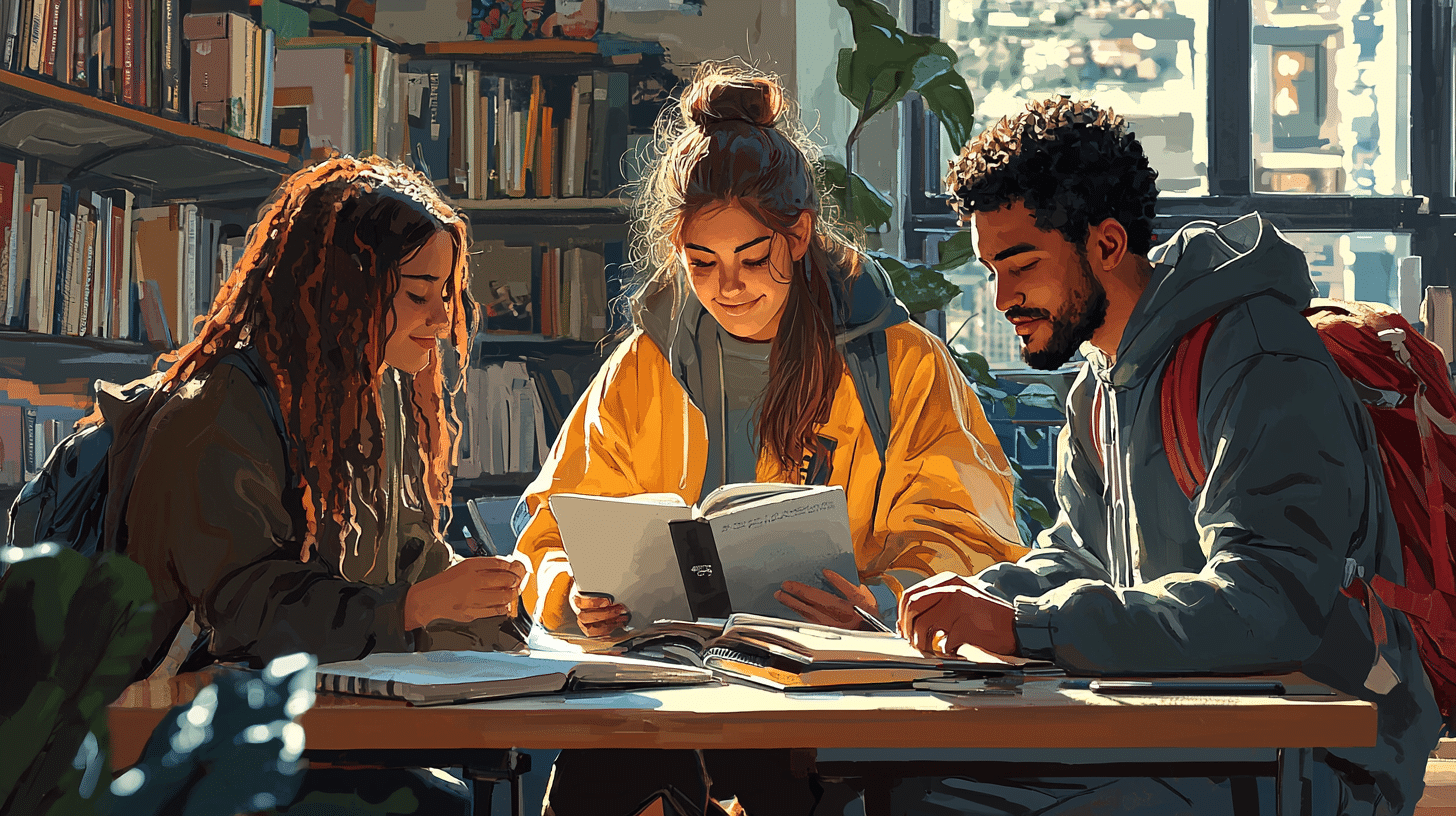
Understanding the placement of adjectives in Galician is crucial for mastering the language and achieving fluency. Unlike English, where adjectives typically precede nouns, Galician allows for more flexibility, with adjectives appearing either before or after the noun depending on the context and the nuance intended. This distinction can alter the meaning and emphasis of a sentence, making it essential to grasp the rules and patterns governing adjective placement. In these exercises, you will practice positioning adjectives correctly in a variety of sentences to enhance your comprehension and usage of Galician. By working through different examples, you will become familiar with common scenarios where adjectives should precede the noun to convey subjective or inherent qualities, and where they follow the noun to highlight distinguishing or descriptive traits. Whether you are a beginner or looking to refine your skills, these exercises will provide valuable practice in navigating the subtleties of adjective placement in Galician.
1. Teño un *coche vermello* (color adjective).
2. Compramos unha *casa grande* (size adjective).
3. O *vello libro* está na mesa (age adjective).
4. Escoitamos unha *fermosa canción* (beauty adjective).
5. Ela é unha *boa persoa* (quality adjective).
6. Quero unha *novela interesante* (interest adjective).
7. Este é un *famoso escritor* (fame adjective).
8. Temos unha *nova proposta* (newness adjective).
9. Ela leva unha *fermosa saia* (beauty adjective).
10. Gustaríame ter unha *gran oportunidade* (size adjective).
1. A casa *grande* está no centro da cidade (the house is large).
2. Comprou un coche *novo* para a súa familia (the car is new).
3. A *fermosa* praia está chea de turistas no verán (the beach is beautiful).
4. O *vello* reloxo da torre aínda funciona (the clock is old).
5. Fixemos unha camiñada *longa* pola montaña (the hike was long).
6. A *pequena* vila é famosa polos seus viños (the village is small).
7. Teño un *bo* amigo que sempre me axuda (the friend is good).
8. O libro *interesante* é sobre a historia de Galicia (the book is interesting).
9. A comida *deliciosa* foi preparada pola avoa (the food is delicious).
10. A cidade *moderna* ten moitos rascacielos (the city is modern).
1. A *fermosa* casa está na colina (adjective that means "beautiful").
2. Compramos un coche *novo* a semana pasada (adjective that means "new").
3. A *vella* árbore caeu durante a tempestade (adjective that means "old").
4. O *grande* proxecto foi un éxito (adjective that means "big").
5. Ela ten un gato *negro* moi bonito (adjective that means "black").
6. O *intelixente* estudante gañou o premio (adjective that means "intelligent").
7. A *pequena* tenda vende froitas e verduras (adjective that means "small").
8. O *novo* libro é moi interesante (adjective that means "new").
9. As *fermosa* flores engalanan o xardín (adjective that means "beautiful").
10. O *antigo* reloxo aínda funciona perfectamente (adjective that means "old").